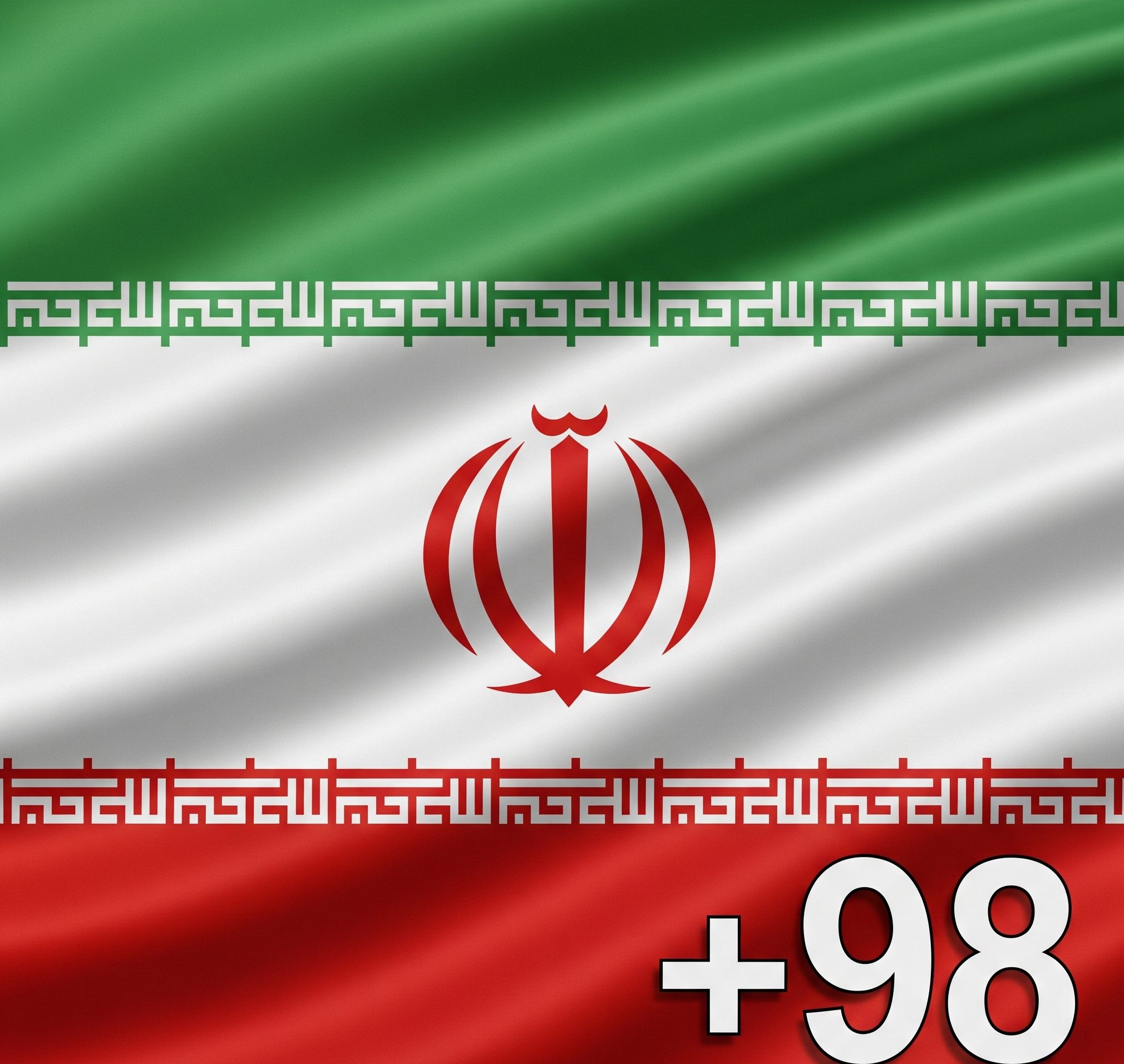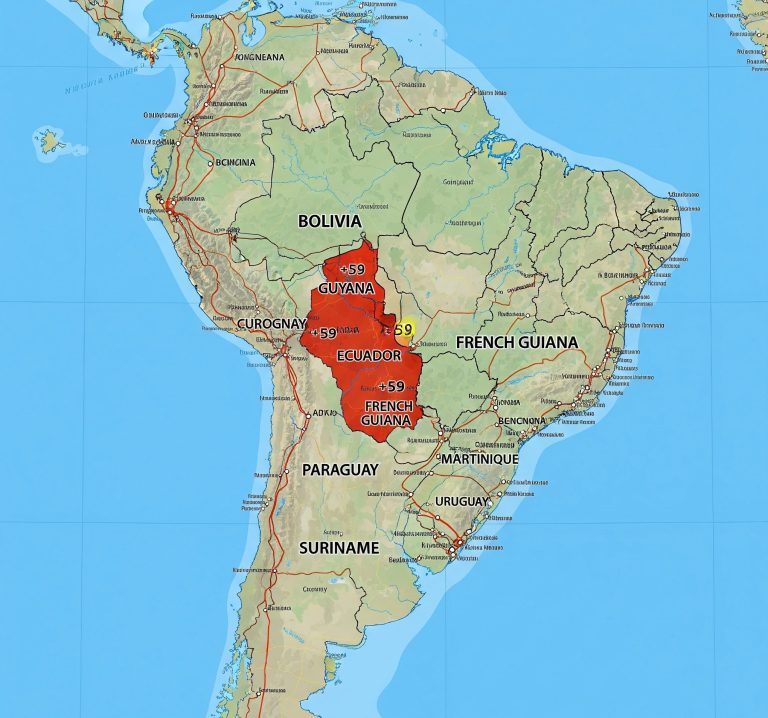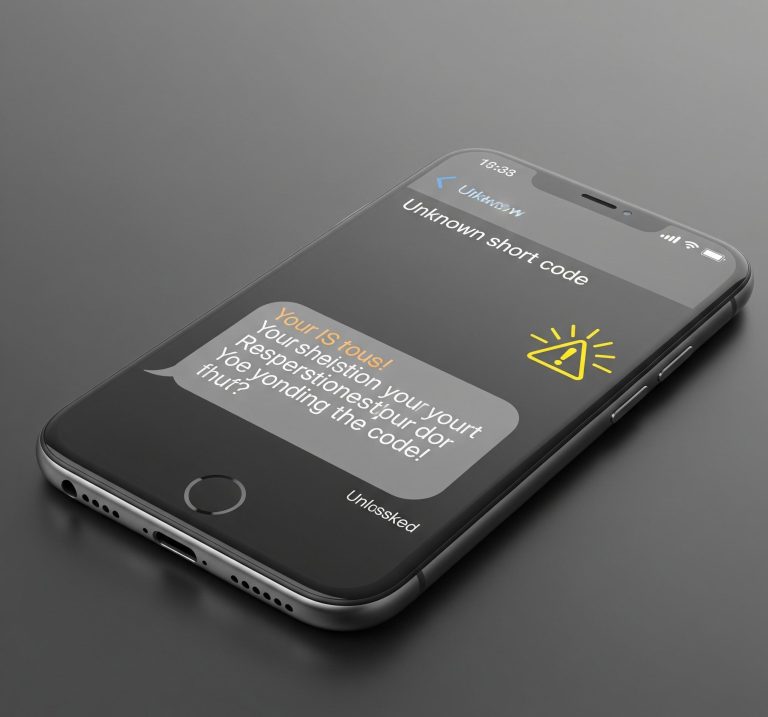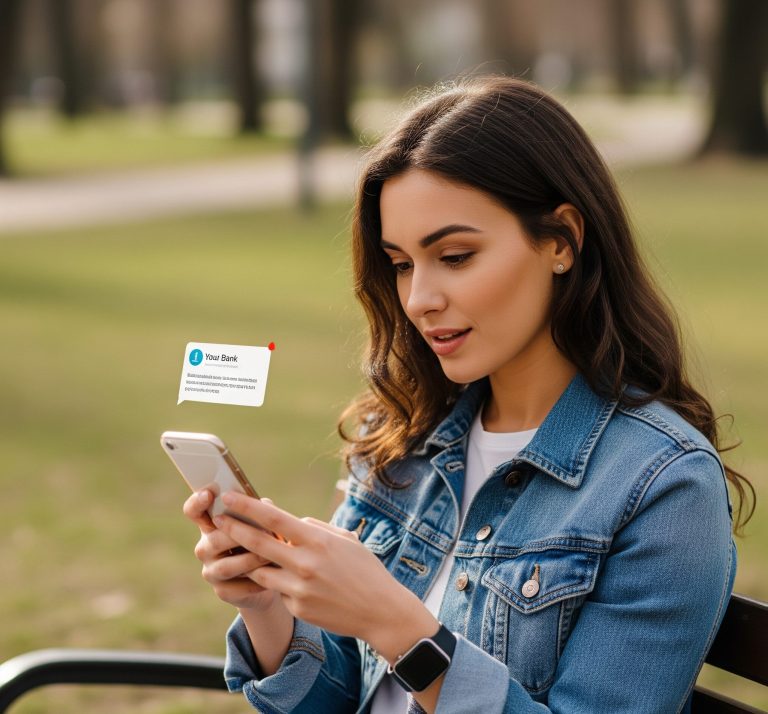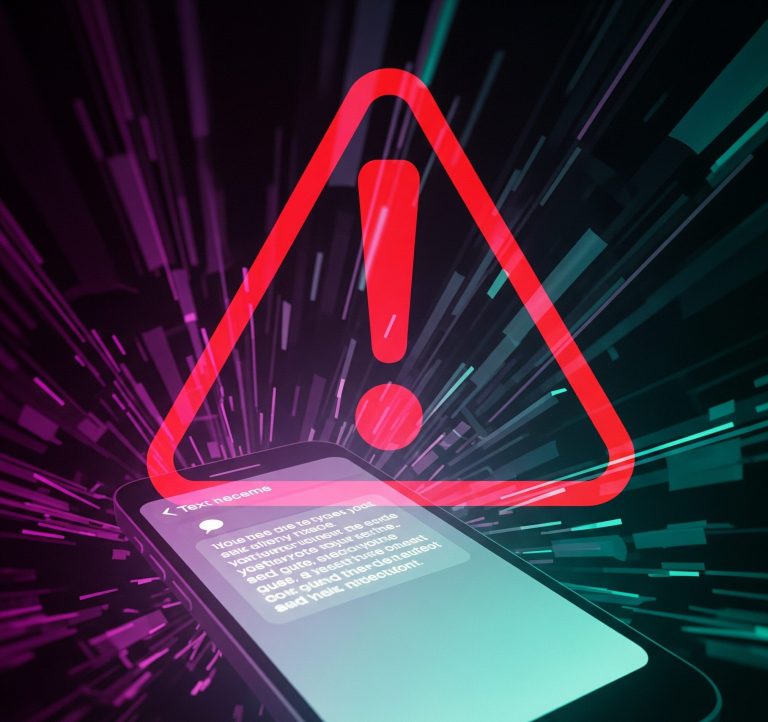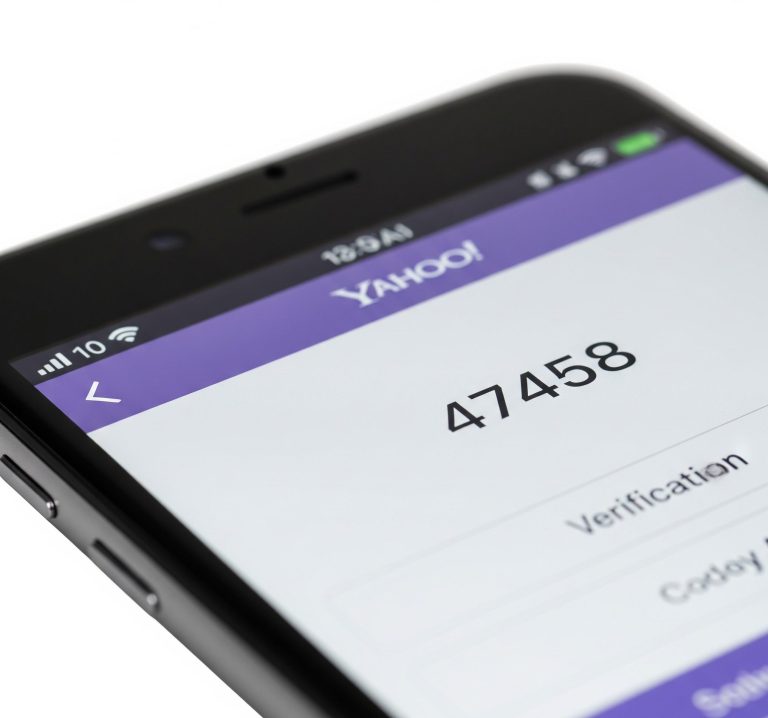In an increasingly interconnected world, understanding the intricacies of international communication is paramount. For American businesses and individuals looking to expand their reach, particularly into dynamic and rapidly developing markets, knowing how to establish seamless contact is crucial. One such vital piece of information is the +98 code, the international dialing prefix for Iran. While geographic distance may seem vast, the digital age has significantly shrunk the world, making these connections more accessible than ever.
Contents
The Anatomy of International Dialing
Before delving specifically into the +98 code, it’s helpful to understand the basic structure of international phone numbers. When you dial an international number from the United States, you typically follow a specific sequence:
- Exit Code: This is the prefix you dial to indicate you’re making an international call. For the U.S., this is “011”.
- Country Code: This unique two or three-digit code identifies the country you are trying to reach. For Iran, this is +98.
- Area Code: Similar to domestic area codes, this identifies a specific region or city within the target country.
- Local Number: The final digits that constitute the unique subscriber number.
So, to call a number in Iran from the U.S., the sequence would typically look like: 011 – 98 – [Area Code] – [Local Number]. Understanding this fundamental structure demystifies international dialing and empowers individuals and businesses to connect globally with confidence.
The Significance of the +98 Code in a Globalized Economy
While the +98 code might seem like a mere technical detail, its significance in a globalized economy, particularly for an American audience, is far-reaching. Iran, with its large population, rich cultural heritage, and significant natural resources, presents a complex yet potentially important market for various sectors.
Business and Trade Opportunities
Despite geopolitical complexities, there are avenues for permissible trade and engagement. American companies involved in humanitarian aid, certain agricultural products, medical devices, and other exempted categories may find themselves needing to communicate with entities in Iran. For these businesses, having a clear understanding of the +98 code is not just about making a call; it’s about opening a line of communication that can facilitate critical operations, logistics, and partnerships within legal frameworks.
Furthermore, as global supply chains continue to evolve, understanding international communication protocols becomes a strategic advantage. Even indirect interactions, such as coordinating with international partners who may have dealings in Iran, necessitate familiarity with the +98 code.
Academic and Research Collaboration
The academic and research communities often transcend national borders. American universities and research institutions frequently collaborate with counterparts worldwide on a myriad of topics, from scientific discovery to historical analysis. Researchers might need to contact colleagues, access archives, or participate in virtual conferences with individuals or institutions in Iran. The +98 code becomes the gateway for these intellectual exchanges, fostering knowledge sharing and collaborative advancements.
Cultural Exchange and Personal Connections
Beyond business and academia, the +98 code facilitates personal connections and cultural exchange. Many Americans have family, friends, or acquaintances with ties to Iran, or they may simply be interested in connecting with individuals from diverse backgrounds. Maintaining these personal relationships often relies on reliable communication channels. Similarly, for individuals interested in Iranian culture, language, or history, direct communication can offer invaluable insights and foster deeper understanding. The ability to dial the +98 code bridges distances, allowing for more intimate and direct interactions that enrich personal lives and broaden perspectives.
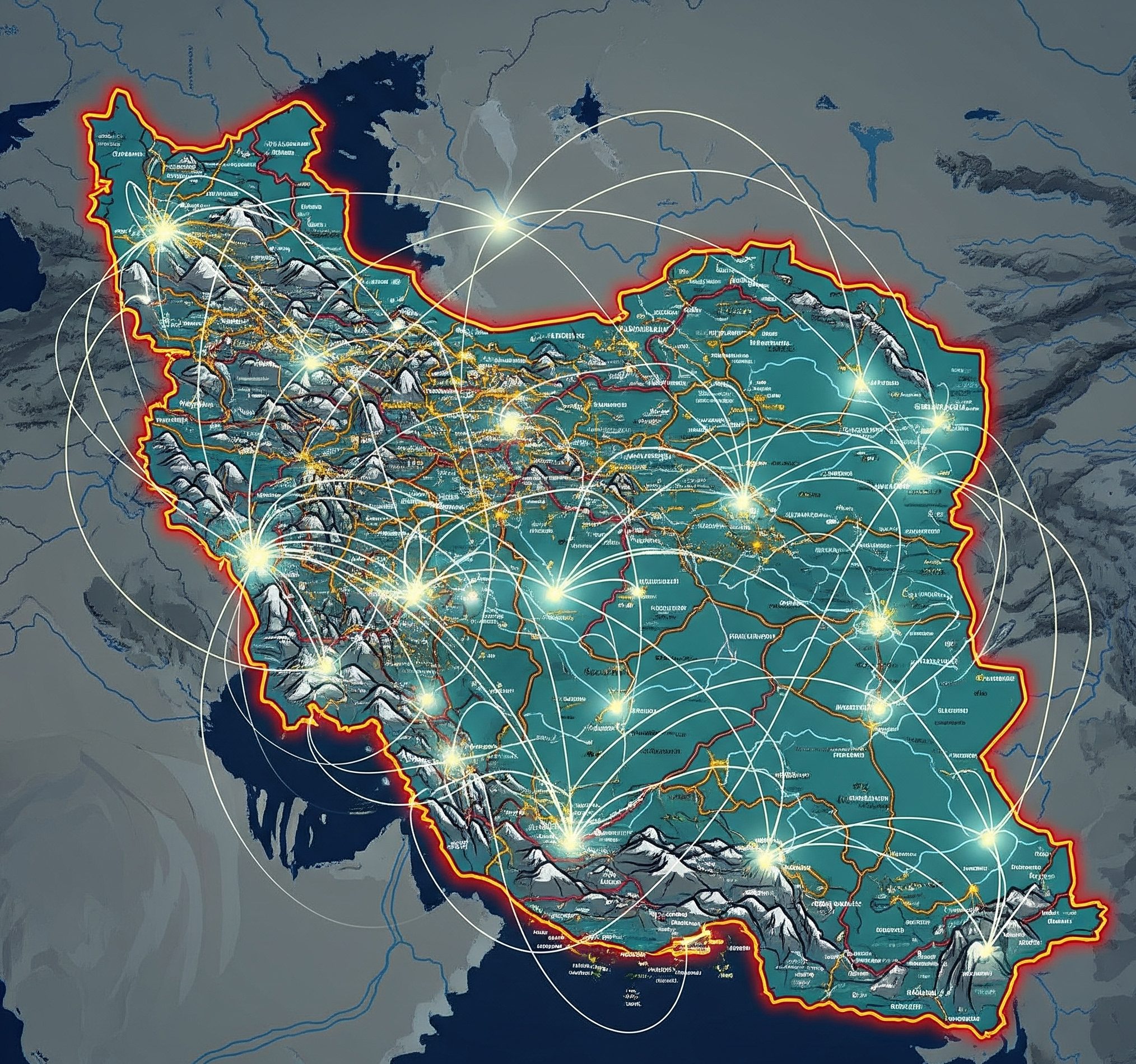
Navigating the Nuances: Considerations for American Callers
While the technical aspect of using the +98 code is straightforward, American callers should be mindful of broader considerations when communicating with Iran.
Time Zone Differences
Iran operates on its own time zone, typically 7.5 hours ahead of Eastern Standard Time (EST) in the U.S. This significant time difference necessitates careful planning to ensure calls are made at convenient hours for both parties. A quick check of the local time in Tehran (Iran’s capital) before dialing the +98 code can prevent inconvenient interruptions and demonstrate respect for the recipient’s schedule.
Cultural Sensitivity and Communication Styles
When communicating internationally, especially with cultures different from one’s own, cultural sensitivity is paramount. While this article does not delve into specific cultural norms, it is always advisable for American callers to approach conversations with an open mind and a willingness to understand different communication styles. Politeness, patience, and clarity are universally appreciated and can go a long way in fostering positive interactions.
Legal and Regulatory Frameworks
It is crucial for American individuals and businesses to be aware of and adhere to all relevant U.S. laws and regulations regarding communications and interactions with Iran. The U.S. Department of the Treasury’s Office of Foreign Assets Control (OFAC) provides guidance on permissible activities. While dialing the +98 code itself is not inherently problematic, the nature and purpose of the communication must comply with existing sanctions and policies. It is always recommended to consult with legal counsel if there are any doubts about the permissibility of specific communications or transactions.
Beyond the Digits: The Power of Connection
The +98 code is more than just a sequence of numbers; it represents a conduit for connection in an increasingly interconnected world. For an American audience, understanding this code unlocks possibilities for business, academic, and personal engagement. While the act of dialing is simple, the implications of successful international communication are profound. By appreciating the technical aspects, recognizing the opportunities, and navigating the nuances with awareness, individuals and organizations in the United States can effectively leverage the +98 code to build bridges and foster meaningful relationships across continents. In a world that often feels divided, the ability to connect, even through a simple phone call.

